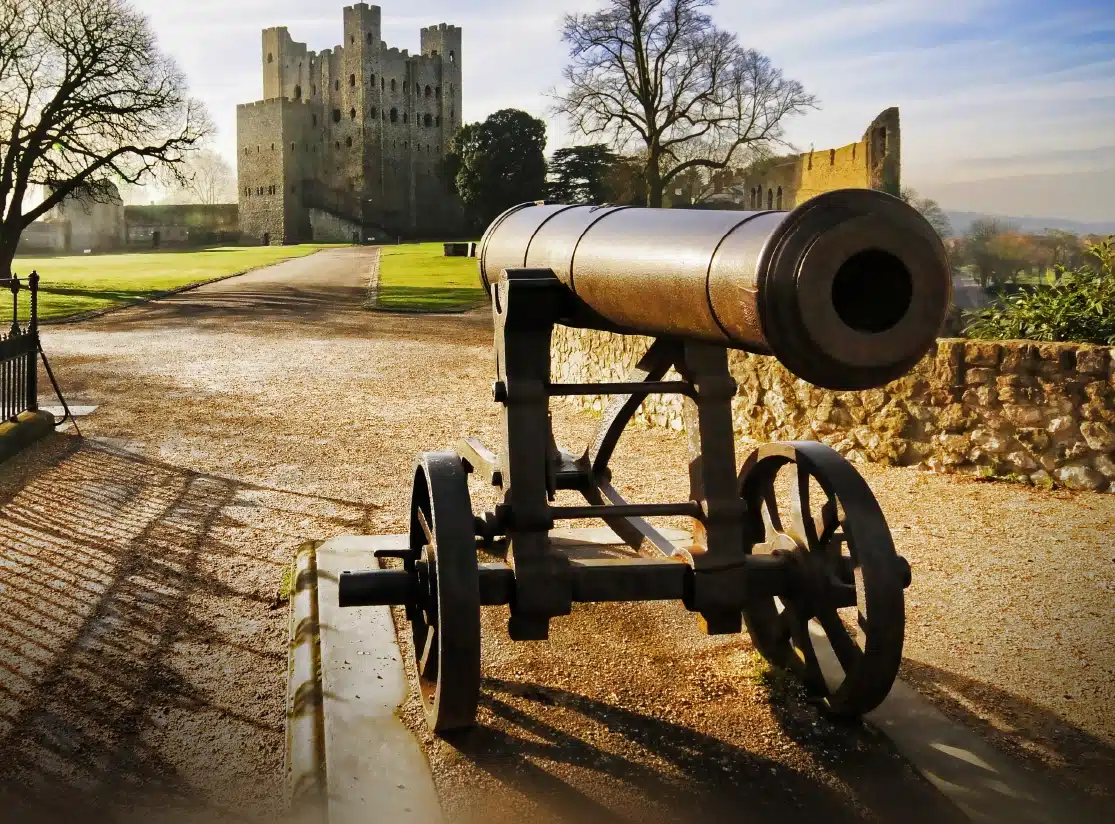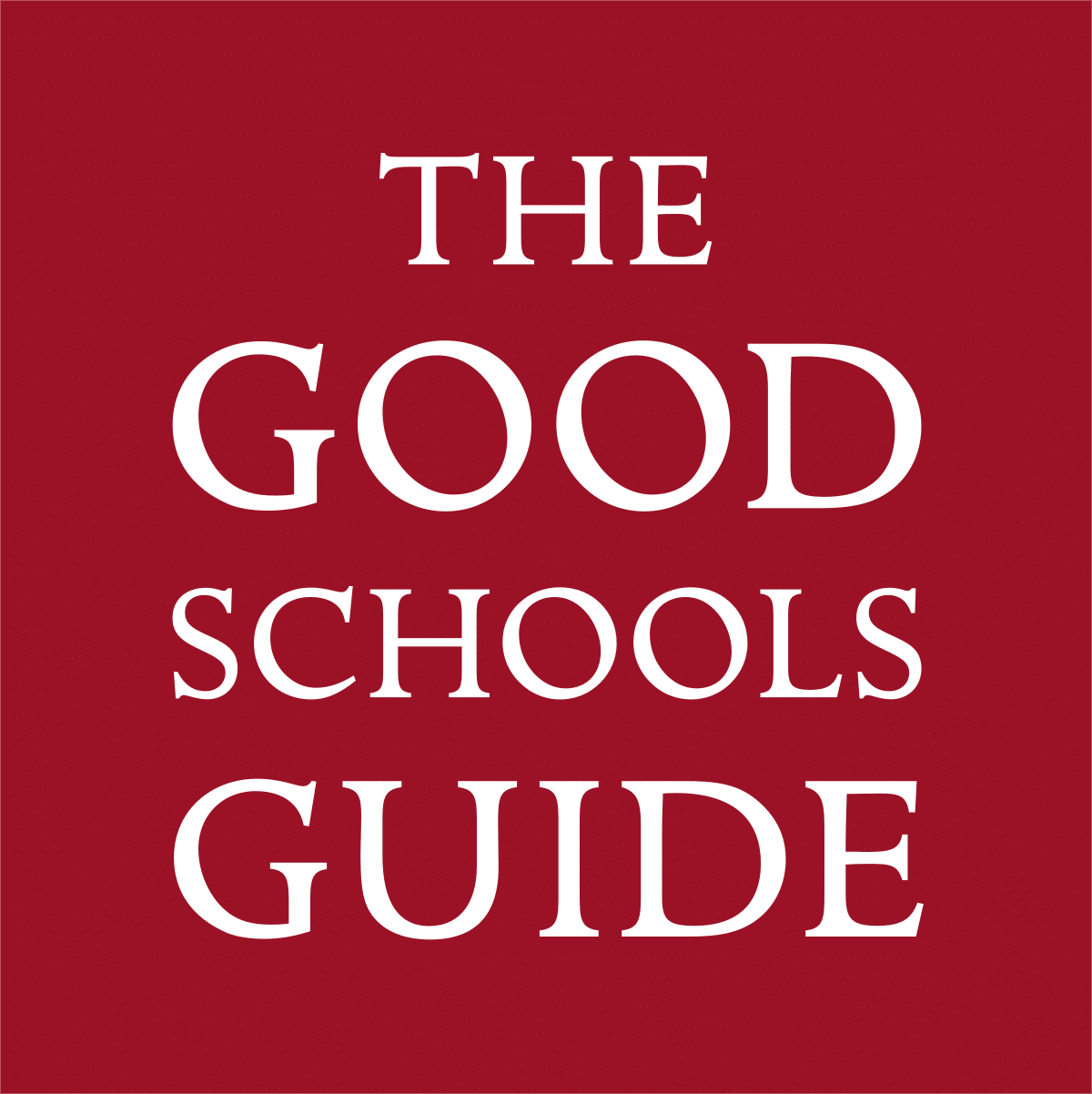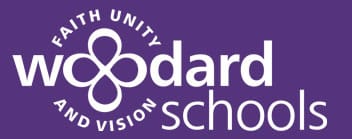Pupils will follow a Modern and Early Modern outline consisting of the following areas:
- Liberals, Conservatives and the Rise of Labour 1846–1918
- Popular Culture and the Witchcraze of the 16th and 17th Centuries
- France 1814 – 1870
- Topic-based essay (3,000 – 4,000 words)
Unit 1
A British unit of study and enquiry making up 25% of the overall A level marks. The examination for this unit will be 60 minutes long and will comprise a source-based task and an essay-based piece of work.
Unit 2
A non-British period study which makes up 15% of the overall marks and is essay-based in the examination, which is an hour long.
Unit 3
A thematic study and an interpretation covering a period of at least 100 years and three in-depth studies of events, individuals and issues that are important within that period. This paper makes up 40% of the A level and is examined over 2 ½ hours.
Unit 4
A 3,000 – 4,000 word essay on a topic recommended by the staff and Board. Where particular effort is shown, this work may be on a non-taught topic that the pupil is particularly interested in. This is an internally-assessed unit later moderated by the Board, worth 20% of the overall A level.
Pupils benefit academically from the breadth of historical study as well as studying a variety of interesting historical contrasts. The course is designed to give pupils opportunities to:
- Acquire knowledge and understanding of the human past
- Investigate historical events, people, changes and issues
- Develop understanding of how the past has been presented and represented
- Use historical sources critically in their historical context
- Draw conclusions and appreciate that these and other historical conclusions are liable to reassessment in the light of new and interpreted evidence
Candidates contemplating studying History should be aware that A Level requires pupils to write at much greater length than at GCSE. Good essay writing skills are essential to A level success. Therefore, at least grade 6 in GCSE History and grade 6 in English Language is recommended.
A qualification and knowledge of History is useful preparation for a number of careers. The argumentative and analytical skills that are learned in History are essential in particular jobs such as Law, Journalism, Broadcasting, Government, Politics and Civil Service.
In addition, many companies are now actively looking for pupils who have taken History at A level and beyond, because their training and skills particularly fit them for careers in management and administration. Whatever you decide to do, to understand anything properly you must have knowledge of its past and the ability to interpret it. An A level in History is never wasted.
Examination Board: OCR
Specification: H505
Dr Kirsten Thomson – Head of History & Politics
SIXTH FORM








